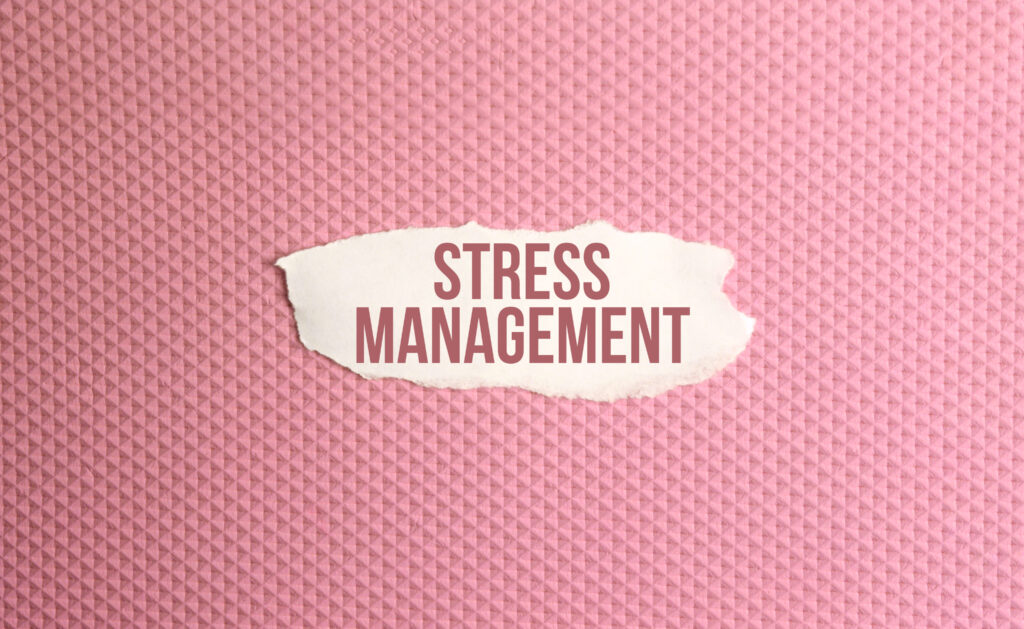Deep Journaling: Transform Your Mind and Well-being With THIS Powerful Tool
How often do you reflect on your day and feel overwhelmed by emotions you haven’t expressed? You’re not alone. Many clients come to me burdened with chronic ailments, only to discover that at the core, their issues often stem from repressed emotions—be it anger, grief, or resentment from personal or professional life.
But how we manage these emotions is crucial to our health. That’s where deep journaling steps in as a transformative tool. It’s more than just pen to paper; it’s a bridge connecting your mind and heart, allowing you to transform swirling thoughts into clear, tangible expressions.
This simple practice can be a powerful method for personal growth and emotional management.
The Power of Journaling
Deep journaling transcends the basic act of keeping a diary. It’s not just about recording events but rather delving into the emotional undercurrents that shape our experiences. This form of journaling involves a deep exploration of your thoughts and feelings, going beyond the surface to uncover and articulate the complicated emotions that often lie buried.

The psychological benefits of this practice are substantial. When you transfer thoughts from the bustling chaos of your mind to the structure of paper, it can feel like a mental decluttering. Writing things down helps in organizing thoughts, identifying patterns, and processing emotions. This act of externalization transforms intangible thoughts into something visible and manageable, making it easier to confront and understand them.
For many, journaling is a vital emotional outlet, offering a safe space to express thoughts and feelings without judgment or consequence. Especially for those who may feel they lack someone to confide in, journaling provides a private, therapeutic channel for releasing pent-up emotions and alleviating psychological distress. By putting pen to paper, you are not just documenting life but actively engaging with your inner self to foster healing and growth.
Setting Up for Journaling
Creating a journaling routine that feels both personal and enjoyable can significantly enhance the benefits of this practice. Here are some tips to help you set up your own journaling space:
- Choose Your Tools: Select a journal that feels special to you—perhaps one with a cover that inspires you or paper that feels pleasant to touch. Pair it with a pen that writes smoothly, making the act of writing a pleasure.
- Find Your Space: Dedicate a quiet, comfortable spot for your journaling. This could be a cozy corner of your home with a comfortable chair and good lighting, or even a spot in your garden or balcony.
- Set the Atmosphere: Enhance your journaling experience by creating a relaxing atmosphere.
- Make It Routine: Try to journal at the same time each day to establish a routine. Whether it’s first thing in the morning to set your intentions for the day or at night to reflect on what you’ve experienced, consistency helps build a lasting habit.
- Keep It Private: Ensure your journaling spot is a place where you won’t be disturbed. This privacy not only allows you to write more freely but also helps in maintaining the flow of your thoughts without interruption.
By following these steps, you can turn journaling into a cherished part of your day that not only aids in emotional release but also fosters personal growth.
When and How to Journal
- Choose Your Moment: Journaling doesn’t require a fixed schedule. You can journal in the morning to set a positive tone for the day, during lunch to break from work stress, or at night to reflect on the day’s events. The key is consistency, so find a time that suits your daily routine.
- Be Flexibile: Keep a journal handy at all times—by your bedside, in your workbag, or on your digital devices. This way, you can jot down thoughts as they come, regardless of your location or schedule.
- Start Simple: Begin with daily prompts like “What am I grateful for today?” or “What challenge did I face and how did I respond?” This can help ease you into the habit without feeling overwhelmed.

Journaling doesn’t have to be all positive; don’t force yourself to write what you don’t feel. Let the emotions flow naturally; so if it is anger you feel, write it all down. Once you’re done, you can keep the record to assess your mood changes, or burn the page for a cathartic experience.
Journaling for Emotional Clarity and Problem Solving
- Clarify Your Thoughts: Use journaling to express complex feelings or unpack stressful events. Writing helps organize thoughts, making it easier to understand your emotions and reactions.
- Solve Problems Creatively: Write down a problem you’re facing and brainstorm potential solutions. Seeing your issues in writing can make them more manageable and spark creative thinking for solutions.
- Enhance Mental Clarity: Regular journaling can lead to improved decision-making and reduced stress by clearing mental clutter and focusing on actionable solutions.
The Therapeutic Benefits of Journaling
Journaling has been shown to be an effective tool for managing anxiety, depression, and stress. It provides a safe, private space to express feelings without fear of judgment. Numerous studies have highlighted the mental health benefits of journaling. For instance, it’s been found to improve mood by helping individuals prioritize problems, fears, and concerns.
By incorporating journaling into your daily life, you can enjoy these benefits, finding more clarity in your thoughts and greater peace in your emotions.
The Therapeutic Benefits of Journaling
Journaling is more than just a means to record daily events; it’s a powerful therapeutic tool that aids in the management of anxiety, depression, and stress. By putting thoughts and feelings onto paper, individuals can create a space for emotional expression that might be difficult to articulate verbally.
This process can lead to significant reductions in mental distress. Numerous studies highlight the mental health benefits of regular journaling. For example, research has shown that expressive writing can help individuals process emotional challenges, improve their mood, and even boost immune function by reducing stress-induced inflammation.

Making Journaling a Habit
Transforming journaling into a regular habit is crucial for reaping its full benefits. Consistency is key. Here’s a step-by-step guide to making journaling a part of your daily routine:
- Choose a Convenient Time: Pick a time of day when you can relax without interruption. This might be early morning, during a lunch break, or before bed.
- Set Manageable Goals: Start with small, achievable goals like journaling for five minutes a day. You can increase the time as you get more comfortable.
- Create a Comfortable Space: Establish a dedicated space for journaling. This should be a pleasant area that encourages reflection.
- Use Prompts: If you’re unsure what to write about, use prompts to get started. This can help ease the process and make it more engaging.
- Reflect on Your Progress: Regularly look back on your entries. This reflection can enhance your understanding of personal growth and the benefits of your journaling practice.
By integrating these strategies, you can develop a journaling habit that not only fits into your lifestyle but also supports your mental and emotional well-being.
Final Word
Catering to your inner world is essential to thrive in the external; I encourage you to take the simple yet transformative step of starting your journaling journey today. Adopt this practice as a gateway to personal growth and emotional wellness. Every word you write is a step towards a deeper understanding of yourself and your emotions.
Ready to take the first step towards self mastery?
Start small, with one manageable change today.
Know more about our book, Small Wins Everyday.
Set up a one-on-one consultation with our integrative team by reaching out to us at
1800 102 0253 or write to us at consults@lukecoutinho.com.
Disclaimer: Always make an informed choice. Keep your healthcare provider in the loop before trying anything new, especially if you are going through a medical condition or are on medications.
|
From a pimple to cancer, our You Care Wellness Program helps you find a way Talk to our integrative team of experts today 18001020253 |










Leave a Reply